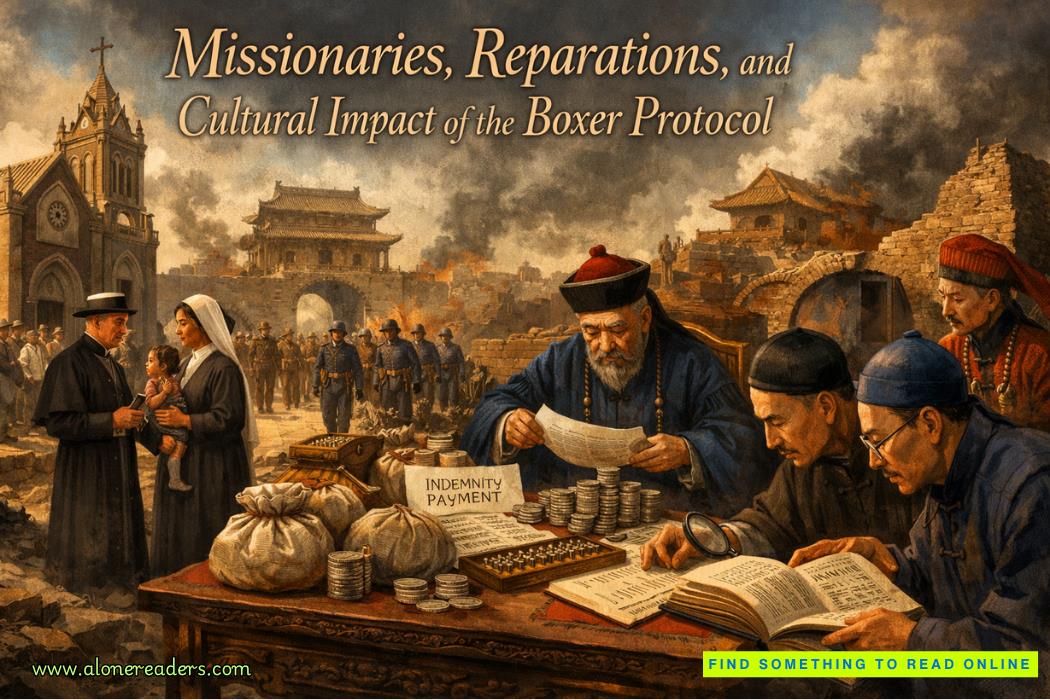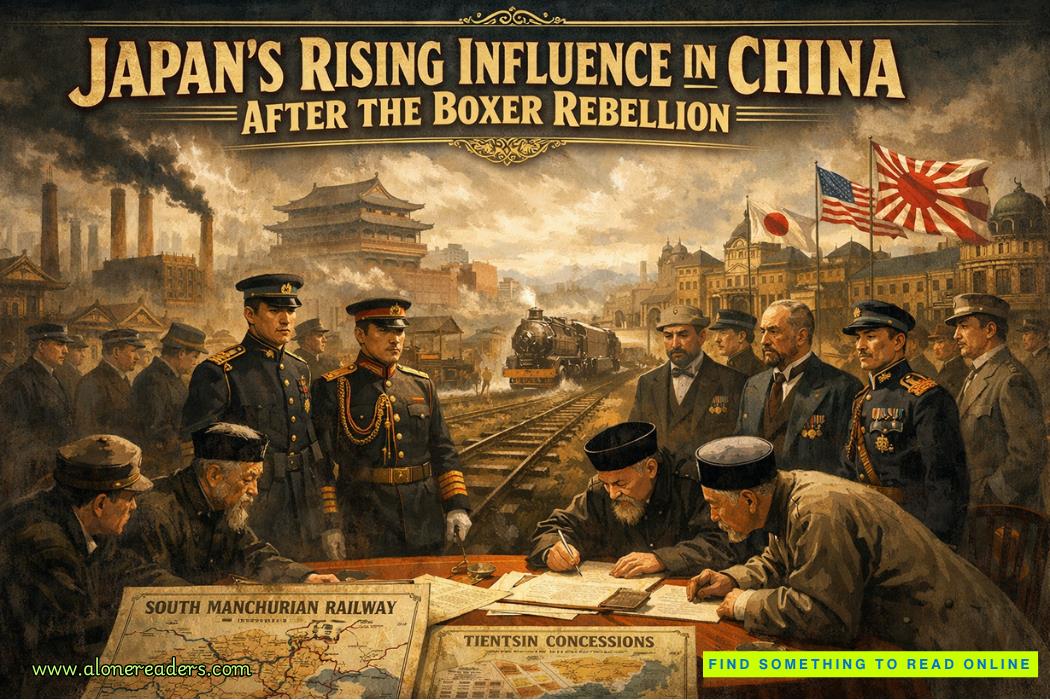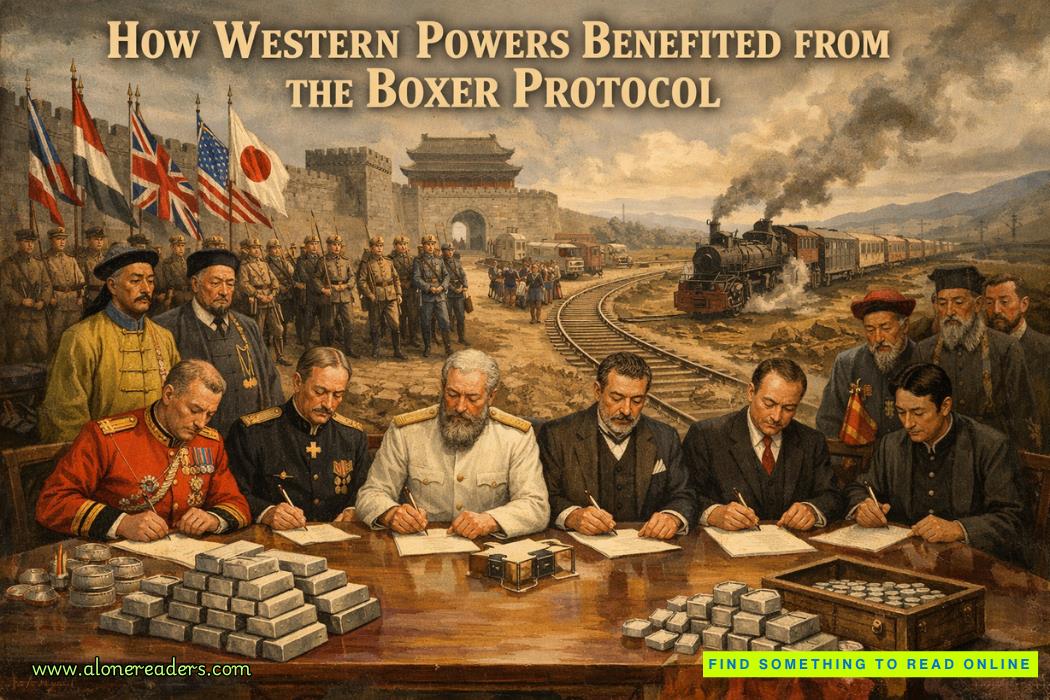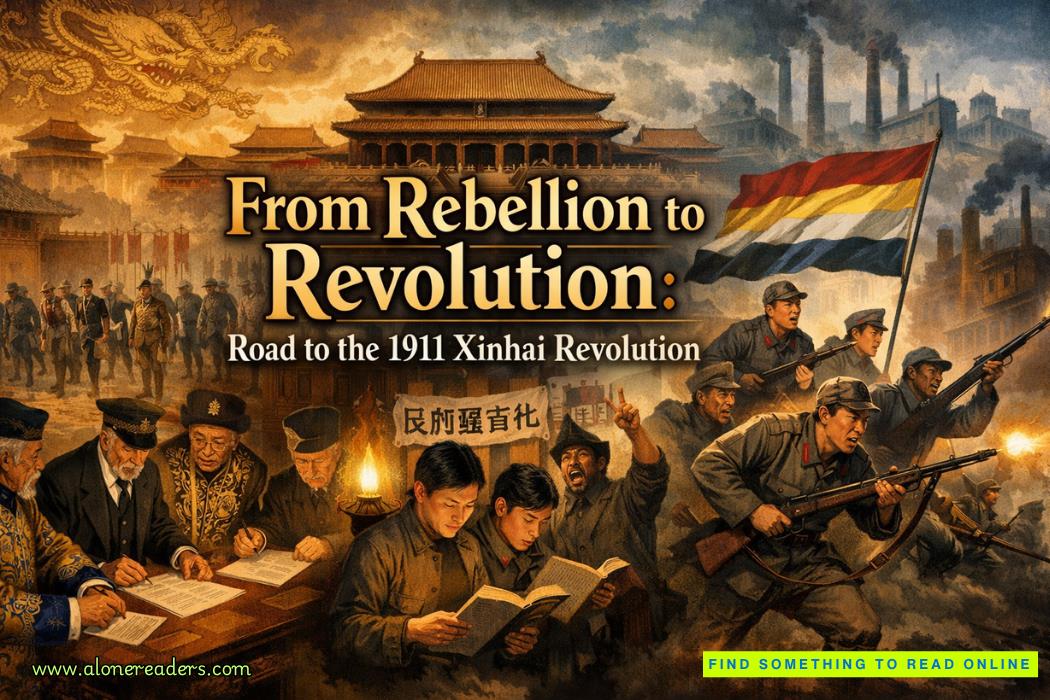‘It’s that easy, is it?’ he said, raising an eyebrow.
She placed a cup in his hands. ‘Here, drink this.’
He smelled it and squeezed his face. ‘Is this bitter leaf water?’
‘I don’t know, just drink it.’ When he didn’t move, she added, ‘Àlùfáà-Àgbà commands it. There’s no scenario in which you don’t and survive. Obey or die. Your choice.’
Alawani waited for more information, but Milúà remained still as a statue, eyes peering into him until he drank every last drop. When he was done, she took the cup and stormed out of the dressing room, leaving him with even more questions than he had had coming into the temple.
Now, in the stripping chamber, here she was, at his side, holding his hand.
‘Stop shaking. They can smell your fear,’ she whispered to him.
Bells rang in rhythmic sequences. Alawani tried not to jump as a ring of fire shot to life around them, and more temple maidens walked in and stood around the altar in a circle, dressed in white, holding fire lanterns and incense plates. Then, his grandfather walked in slowly, wearing a white crown with strings of cowries like a curtain obstructing his face from view. The old priest’s floor-length agbádá was made of white and gold a??-òkè with delicate embroideries around its edges. Àlùfáà-Àgbà leaned on his golden staff, which stood taller than himself. The top of it was shaped like a flame and adorned with gold and rubies. When the priest reached the Red Stone, all the other priests and maidens fell to their knees.
Milúà yanked Alawani down to his knees. ‘Kneel.’
The High Priestess walked in next, dressed and veiled in gold garments similar to the other maidens’ but covered in stones and sparkle, and also wearing a golden crown designed with tongues of flames. On the other side of the Elder Priestwas his maiden and the former High Priestess of Oru. She was much older than the priestess and wore a gilded gele that reached for the sky instead of a crown. Alawani’s first guess was that this was the mother of maidens.
The hall was silent for a moment and as side looks and whispers filled the room, Alawani noticed what everyone was likely talking about. The Lord Regent who was meant to take this ceremony was missing. His absence was intentional and Alawani couldn’t shake the feeling that it had something to do with his presence there.
‘Rise,’ Àlùfáà-Àgbà finally said, taking over the ceremony. He lifted both arms into the air as if controlling them with strings. ‘The gods of the sun and sands have chosen from among us the ones who are pure of heart,’ he pointed at Alawani and the other boys who were now lined up before the Red Stone. ‘Each one of you represents the best of your state, the best of our good kingdom. And here on this stone carved by the gods, you will fulfil your destiny.’
‘À??!’ the priests and maidens replied in unison.
Àlùfáà-Àgbà’s voice seemed to fade, and all Alawani heard was the sound of his own heartbeat. For the first time, he considered what would have happened to him if the gods truly hadn’t called him. What if the Holy Order had made a mistake? To be chosen, to be Àlùfáà, meant the gods had searched your heart and found it pure – and this stripping ceremony was the true test. Alawani played back memories of his life in the blink of an eye. He wouldn’t call himself a saint by any standard.
‘Every decade since the day of the First Sun, many like you have come to the Red Stone,’ Àlùfáà-Àgbà’s voice rose louder than Alawani’s thoughts and shocked him back to the present. ‘They return their agbára to the gods who bless them with great power and pure hearts so that they mighthave a greater purpose. Today you also become a conduit for the gods of the sun and sands, or you die a worthy death. Either way, the gods will decide.’
The priests started chanting in a low baritone. The temple maidens joined in a harmonious tune. And if he wasn’t terrified out of his mind, he might have enjoyed the melody, but at that moment, it felt more like a siren’s song that led only to death.
The first boy climbed the altar, led by his maiden. ‘I bring before you Èyítáy of Ìlú-Òdì, chosen by the gods, a saint among many,’ the temple maiden called out as the boy climbed on the stone.
‘May the gods bless his journey to the sun,’ the room echoed.
Àlùfáà-Àgbà hovered his hands over the boy. ‘Àlùfáà,’ he said, nodding to the priests.
All the priests nodded in agreement, ‘À??.’
Then came the scream. The guttural sound that erupted from the boy’s mouth was like nothing Alawani had ever heard before.
‘Don’t look,’ Milúà said, squeezing his hand.
Alawani’s gaze fell to the ground at her command. He clenched his teeth and shut his eyes. None of that blocked out the boy’s screams. Panic flooded his senses, and he tried to force back his agbára, but when he looked at his hands, a dull glow shone through. He shook his trembling fingers and took in deep breaths. Somehow his agbára knew he was about to destroy it. He stared at his palms and forced the light to dim. Soon his hands would never glow again, his eyes would never turn gold, and his core would burn to ash. His royal blood made his agbára one of the most powerful in the kingdom. How would he live without it? His powers were an extension of himself; his essence, his soul.
Alawani’s head shot up when the screams finally died out, and on the Red Stone was the limp body of the boy from Ìlú-Òdì. The gods had decided he wasn’t Àlùfáà. Èyítáy of Ìlú-Òdì was dead and the cries of his maiden filled the air. Alawani’s body went cold with dread, and he wanted to run.
The next boy climbed the Red Stone, and the screaming began again. His maiden announced him as Bánkólé of Ìlú-Oní?nà, chosen by the gods, a saint among many. Alawani dared to watch this time, and his mouth fell open as flame-coloured smoke rose from the boy, and the screams of agony filled the night air. The louder his voice, the louder the priests chanted until his voice was gone. All that echoed were the whimpers and sobs of a broken boy.
The next boy climbed the altar – Káydé of Ìlú-Idán, chosen by the gods, a saint among many. Alawani’s legs felt like they would give way. He couldn’t do it. His time would come, and he wouldn’t be able to move. He knew it. This must be why the priests never explained the details about what was done to strip them of their powers. This was a gruesome death. And while Alawani had always known the chance of survival was small, seeing it was something else. He wasn’t confident he’d survive it. Not anymore. How in the name of all that burns were they supposed to survive all three stripping ceremonies?
The last boy before Alawani climbed the stone, and Alawani returned his gaze to the sand beneath his feet. He slowed his breathing and counted the number of steps he would need to cut through the circle of fire and out of the chamber. Then he heard his father’s voice, as clear as though he was standing right next to him.
You are Àlùfáà. The gods have confirmed this to me. Death may come for us, but our line will never end.
He’d been so young when his father died that the memoryfelt more like a dream to him. He remembered sitting still, filled with grief, not truly understanding what his father said yet holding on to his hand, praying that his king wouldn’t die – praying to the gods of the sun and sands that death wouldn’t find his father. He’d heard that kings never died and believed it with all his heart, so when his father first fell ill, he paid no attention to it. Until his grandfather came to him that evening telling him to sit by his father, for he may not make it to dawn – he didn’t.
‘Death may come for us, but our line will never end,’ Alawani’s voice trembled as he repeated the words now, a whisper under the screams of the boy on the stone.















